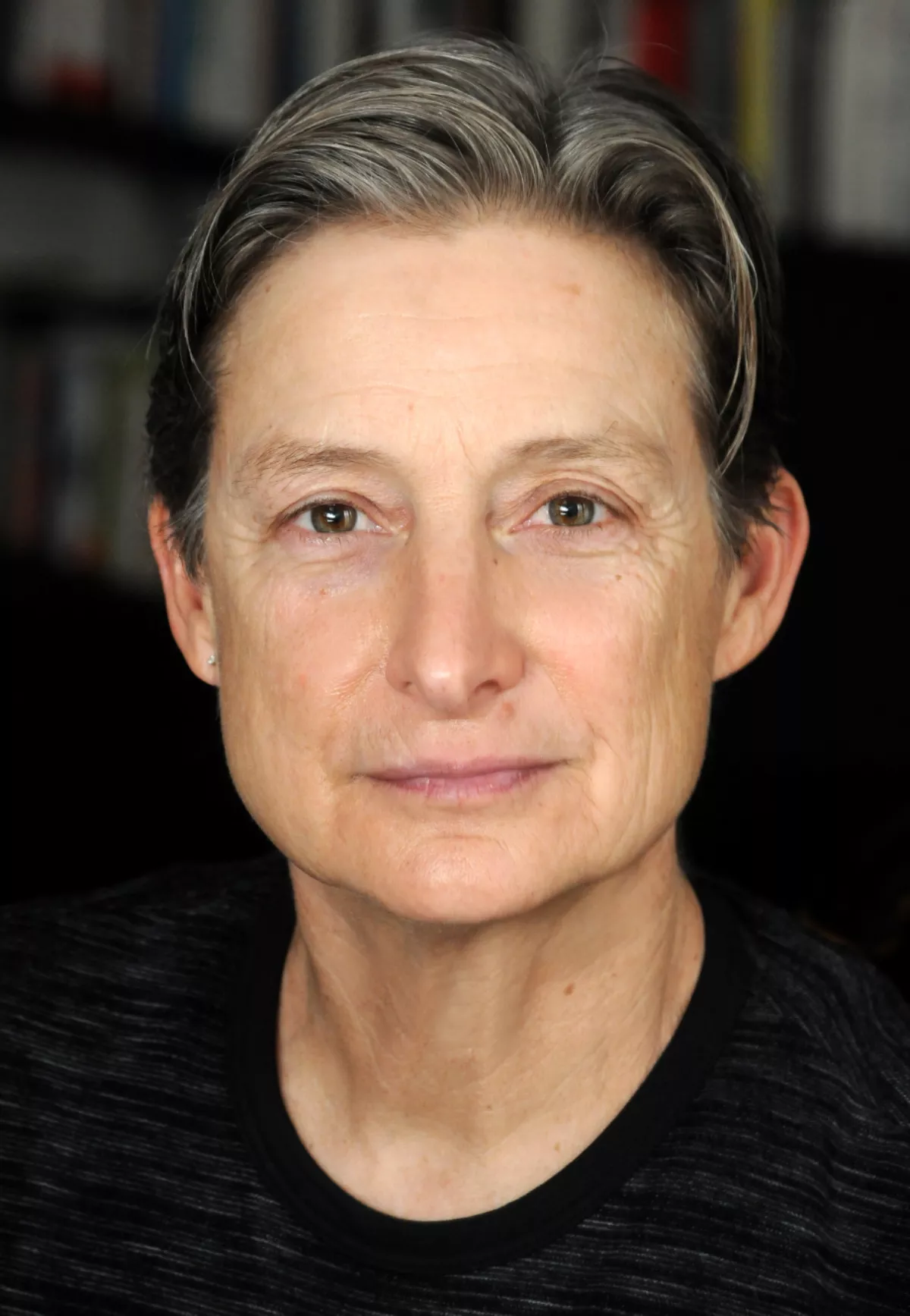 1.
1. Judith Pamela Butler was born on February 24,1956 and is an American feminist philosopher and gender studies scholar whose work has influenced political philosophy, ethics, and the fields of third-wave feminism, queer theory, and literary theory.